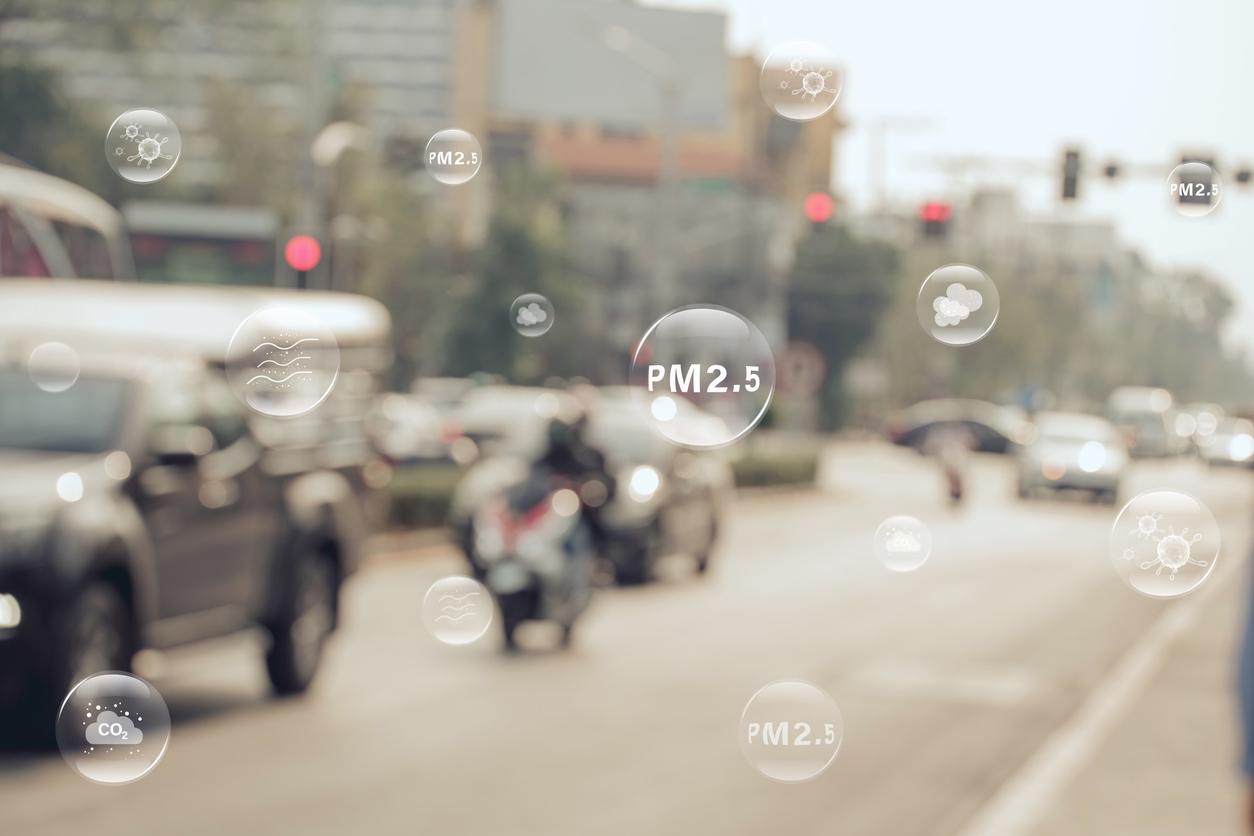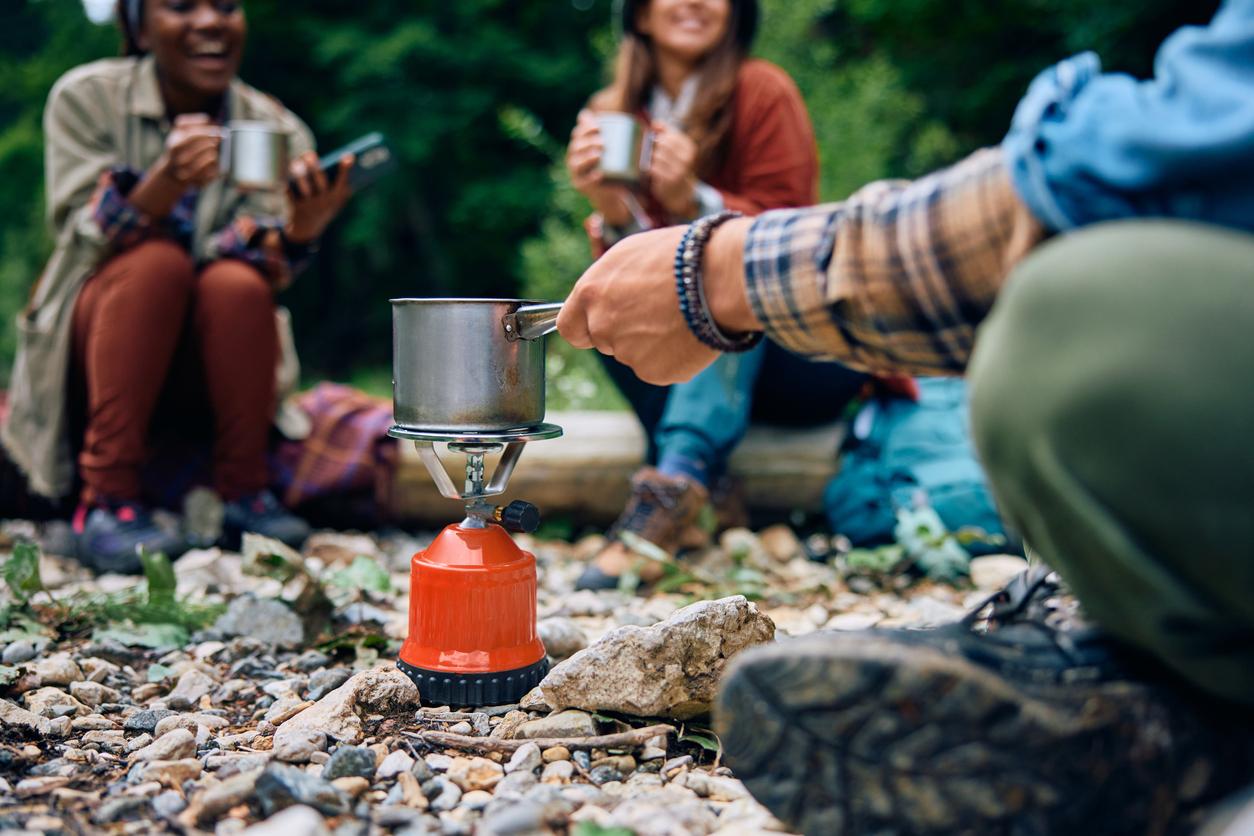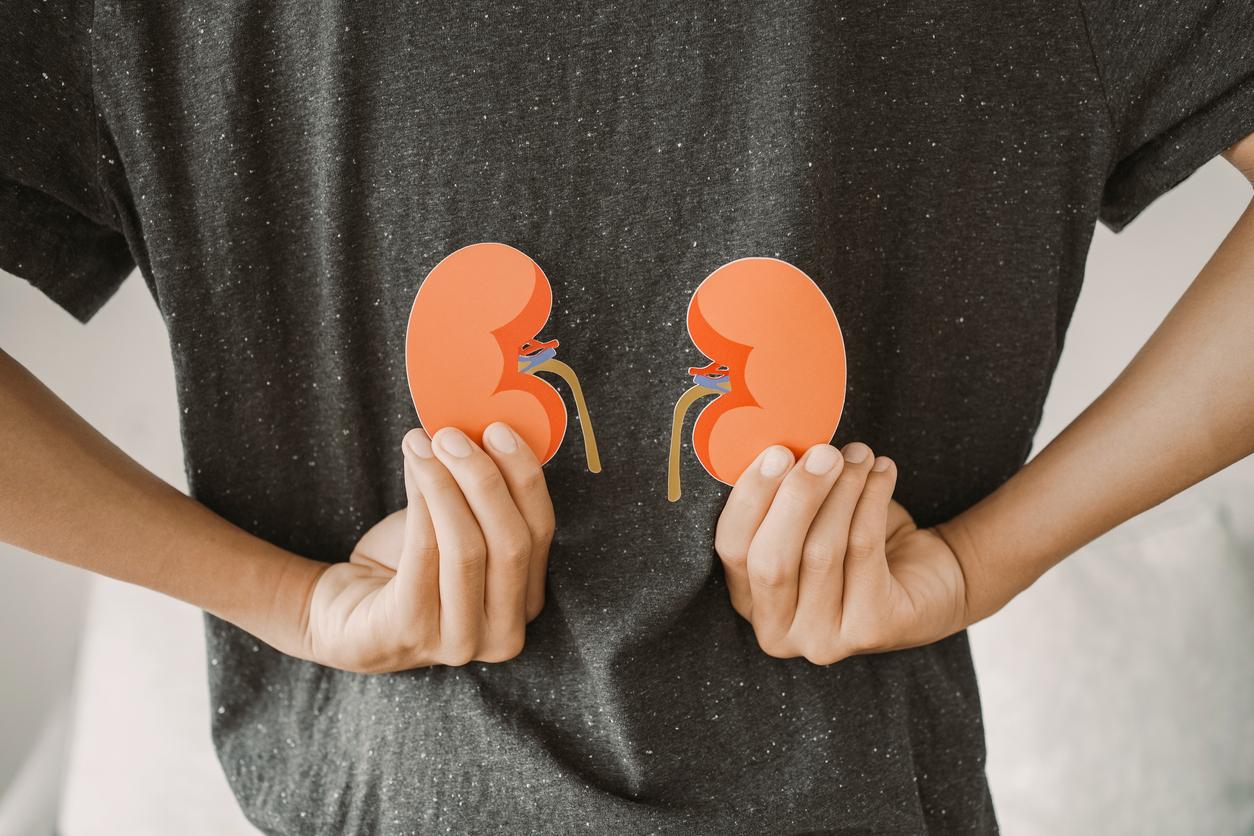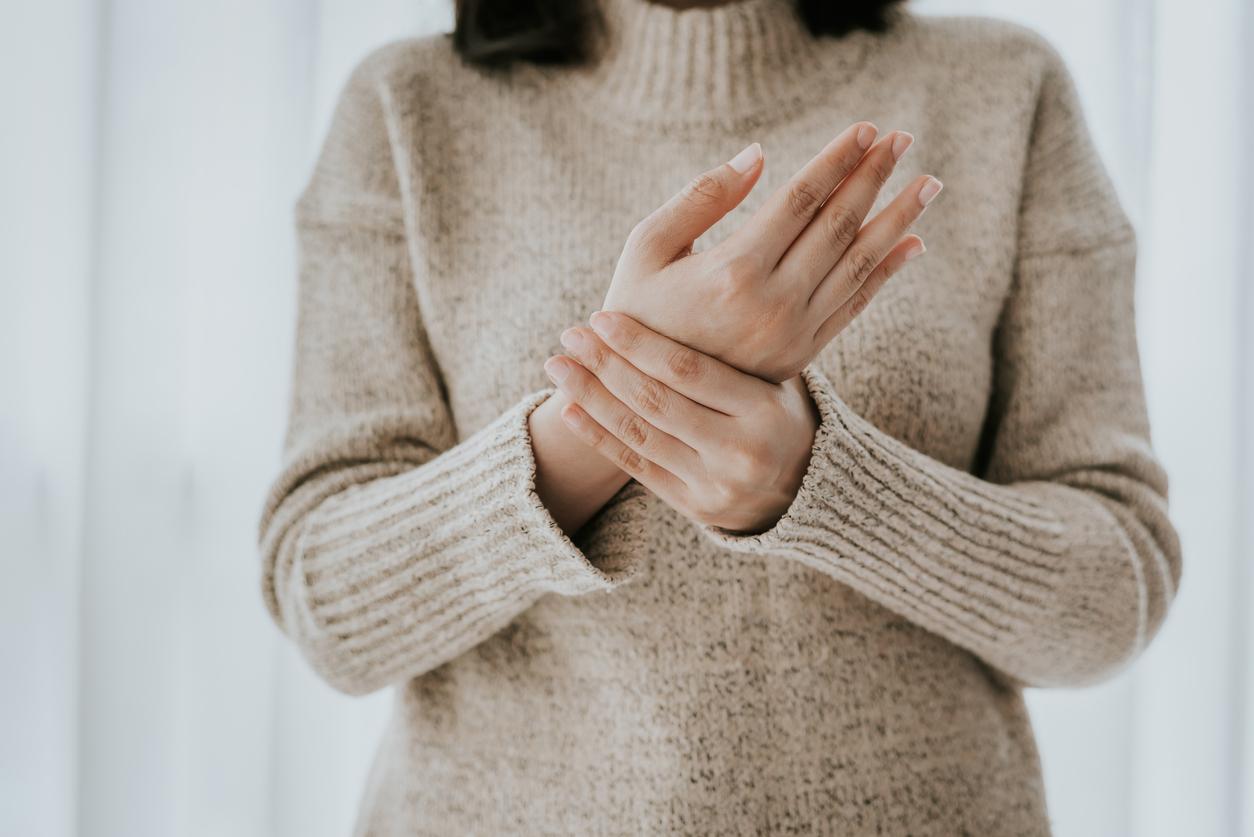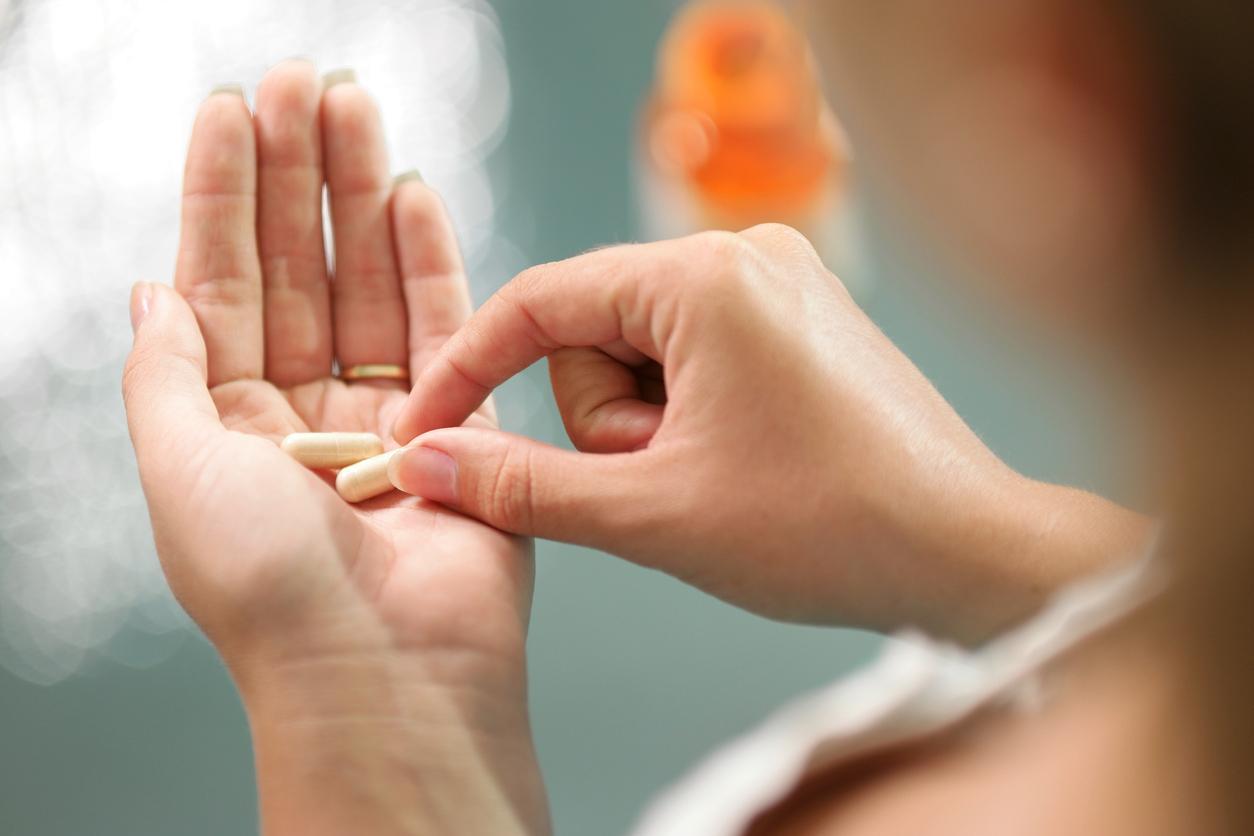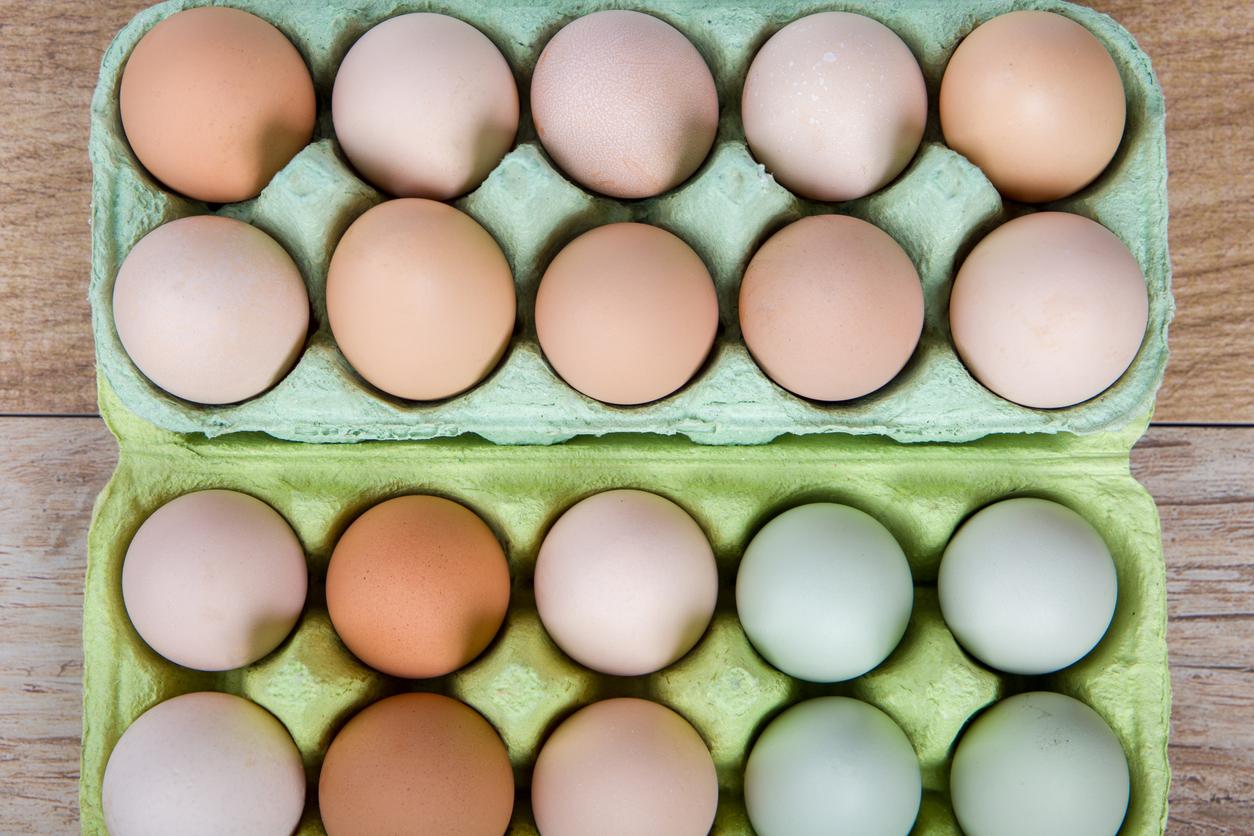
6 questions about vitamin D answered
Vitamin D is one of the few vitamins that our body can make itself: under the influence of UV radiation from sunlight, cholesterol is converted into vitamin D in our skin. However, there are many inaccuracies about this super vitamin. We list facts and fables.
Vitamin D is important for strong bones
Fact. Vitamin D together with calcium is important for strong bones and strong teeth. Vitamin D promotes the absorption of calcium by the body. But that’s not all. Vitamin D is also important for the resistance and the continued functioning of the muscles.
Our food does not contain vitamin D
fable. Vitamin D is naturally present in Fatty fishsuch as herring, mackerel and salmon. There is also a little bit in butter, full-fat dairy and fatty meat. And it is added to margarine, low-fat margarine and baking and roasting products. However, vitamin D is limited in these foods; so you are not there with food alone. If you do not go outside enough (so that the body can produce vitamin D), belong to a risk group or are older (women over the age of fifty and men over seventy), it may be wise to D supplement to take.
You can also make your own vitamin D
Fact. Vitamin D is one of the vitamins that our body can make itself, about 70-90 percent of the required amount.. But for that we have the sun necessary, because that production takes place in the skin, under the influence of UV radiation from sunlight. As you get older, your ability to make vitamin D changes.
You can sometimes get too much vitamin D
Fact. Because vitamin D is a fat-soluble vitamin and is therefore stored in the body. However, an excess of vitamin D does not occur very quickly and is exceptional. The Health Council has set a safe upper limit of 50 micrograms/2000 IU per day for the entire Dutch population.
Taking extra vitamin D is sometimes necessary
Fact. Some of us get enough vitamin D by eating enough products with vitamin D and sitting in the sun regularly. But not everyone gets enough sunlight on their skin and there is also a greater need for vitamin D with age. While it is so important for the elderly to maintain good resistance and strong bones and muscles, in order to remain vital.
The Health Council therefore advises elderly to take extra vitamin D every day – winter and summer – in the form of supplements. People who do not get outside enough and/or wear protective clothing and pregnant women are also advised to take a vitamin D supplement.
You don’t have to take vitamin D until after your 65th birthday
fable. Responding in time to a possible vitamin D deficiency in the diet by using a vitamin D supplement can promote natural resistance and help maintain a well-developed system of bones and muscles.
Who takes what amount?
10 micrograms/400 IU
– Children up to 4 years
– People with dark skin (from skin type IV)
– People who spend little time outside in high sun*, who avoid the sun or who wear body-covering clothing outside
– Pregnant women
– Women aged 50 to 70
*Insufficient outside time: less than 15 to 30 minutes every day between 11 a.m. – 3 p.m. with head and hands bare.
20 micrograms/800 IU:
– Men and women over 70 years old
– People with osteoporosis
– Men and women of all ages living in a nursing or care home
Sources):
-
- Plus Magazine



